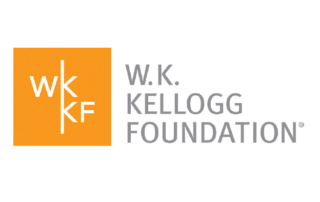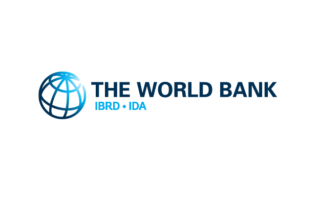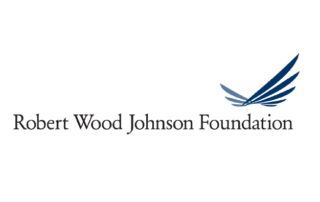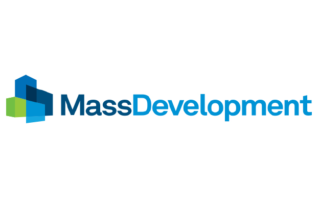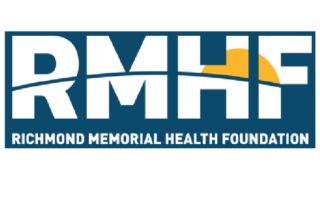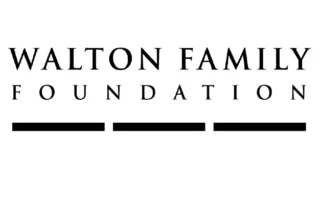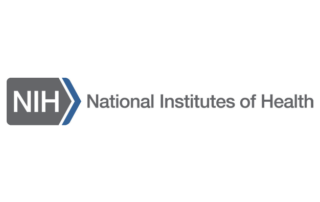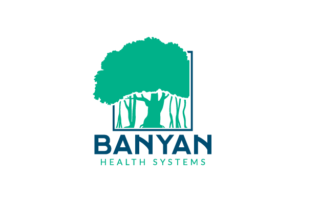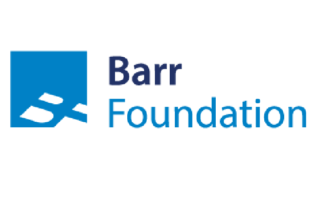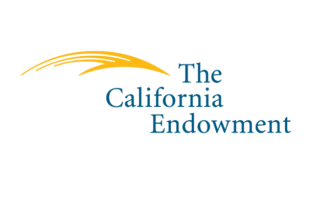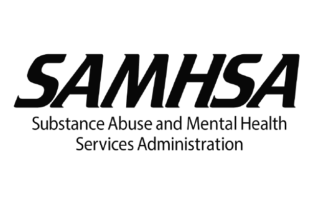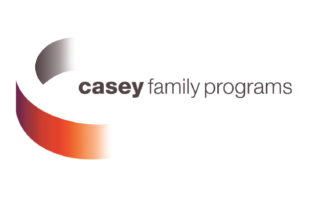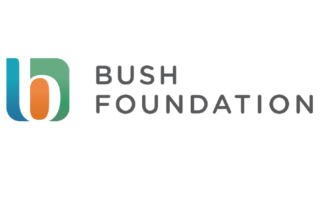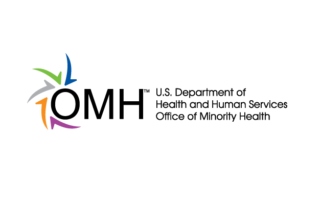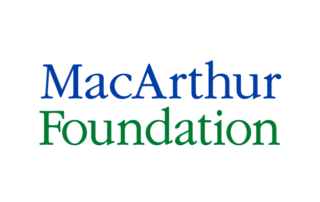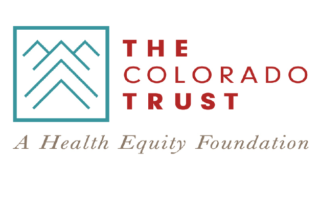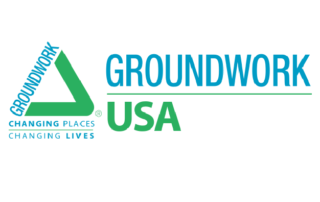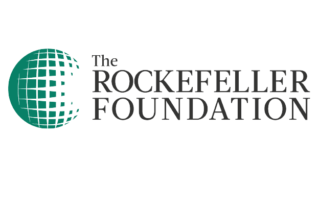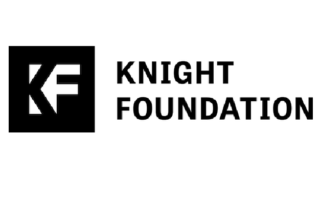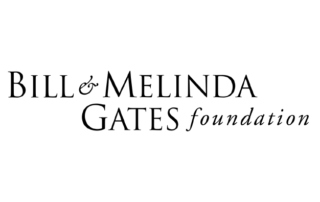Capacity Building and Learning Systems
Information, if shared and used, has the power to effect social and community change, making the ability to collect, share, and use data a critical capacity for all organizations.
Our Promise
Our clients, their grantees, collaborations, and other groups can implement more effective strategies by developing the capacity and processes needed for continuous strategy improvement. We help organizations and individuals learn to use data and other sources of knowledge to plan, reflect, and take action that will improve their abilities to make equitable large-scale and sustainable changes in communities. We know “one size doesn’t fit all.” We start where people and organizations are by understanding their readiness, building on their strengths, listening to their aspirations and challenges, and use methods that are based on the needs and style of the learner.
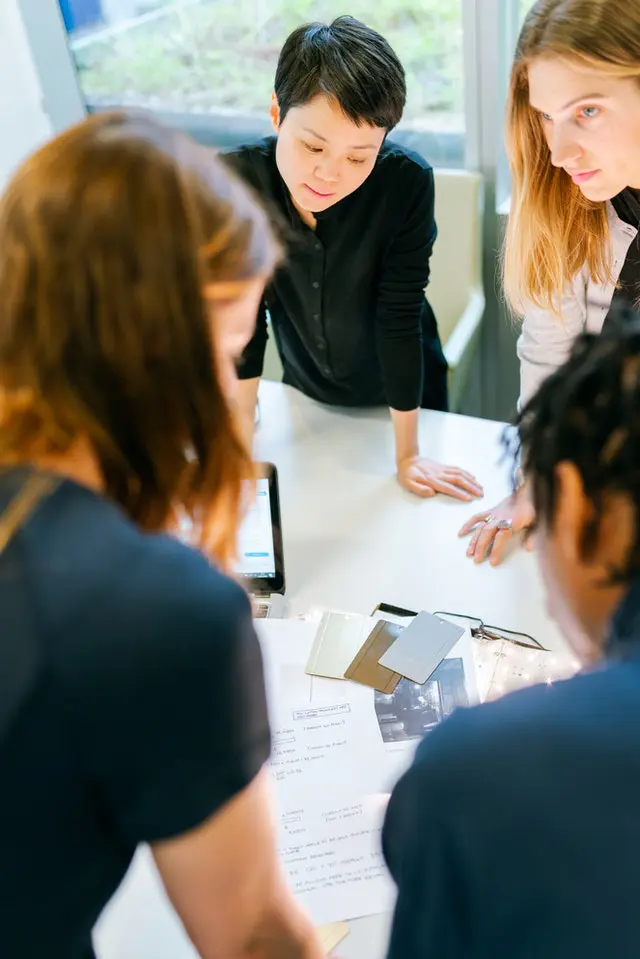
Related Projects
Living Cities developed a theory of change and measurement framework to assess its own performance and that of its local government partners. To enhance its capacity to continuously learn and improve, it engaged Community Science to assist its staff refine ...
The Federal Research Bank of Boston (FRBB), Metropolitan Area Planning Council (MAPC), and Government Alliance on Race and Equity (GARE) are partnering to pilot an innovative municipal-level program in Greater Boston. This program—the Racial Equity Municipality Action Plan (REMAP)—is organized ...
Community Science is conducting a developmental evaluation of CFLeads’ Economic Mobility Action Network. We have designed and are implementing a collaborative and adaptive evaluation to assess changes in Community Foundations as a result of their participation in the peer-driven Economic ...
Community Science is proud to partner with the American Evaluation Association’s (AEA) Graduate Education Diversity Internship (GEDI) Program. The goals of the program are to: Recruit graduate students of color and other underrepresented groups to extend their research capacities to ...
National Capacity Building Institute reached out to Community Science to conduct a qualitative evaluation of the new antisemitism leadership training program. We created a knowledge product that describes NCBI process for establishing their model, the training provided, the experience of ...
The Bush Foundation’s Change Networks provide cohort-style programs that equip a diverse group of people in Minnesota, North Dakota, and South Dakota with skills, knowledge, relationships, and opportunities to lead change in a more equitable and inclusive manner. The curriculum ...
The W.K. Kellogg Foundation (WKKF) funds initiatives in East Biloxi, Jackson, and Sunflower County, Mississippi (MS), and in New Orleans, Louisiana (NOLA), to improve the well-being of children and their families. They do this through supporting improved early childhood education ...
Community Science designed the evaluation of Habitat for Humanity International (HFHI)’s pilot of its Quality of Life (QLF) framework. This framework guides the neighborhood revitalization activities of coalition partners in 10 communities, each working to foster social capital and collective ...
The Gates Foundation’s Global Libraries initiative seeks to bring about effective, sustainable public access to information and communications technology in libraries for people in developing and transitioning countries who would not otherwise have access, and to ensure it is useful ...

